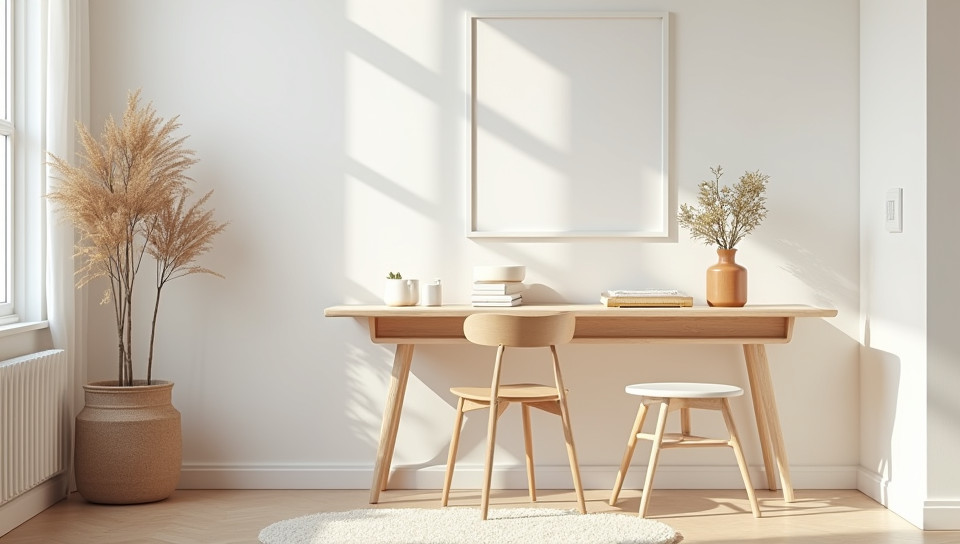Minimalist lifestyle focuses on simplicity and reducing waste 80%

The Freedom to Focus on What Matters
Living in a world where consumerism and excess have become the norm, it's easy to get caught up in the idea that more is better. However, for many of us, this way of living can lead to feelings of overwhelm, anxiety, and disconnection from what truly matters.
The Allure of Minimalism
Minimalism is a lifestyle choice that has gained popularity in recent years, and for good reason. By embracing simplicity and reducing waste, individuals can break free from the cycle of consumerism and focus on what's truly important to them. Whether it's freedom from cluttered living spaces, financial stress, or environmental degradation, minimalism offers a refreshing alternative to the status quo.
Benefits of a Minimalist Lifestyle
Embracing a minimalist lifestyle has numerous benefits that can improve all aspects of your life. Here are just a few:
- Reduced stress and anxiety
- More time and energy for what truly matters
- Increased financial savings
- Environmental sustainability through reduced waste
- Greater sense of clarity and focus
- Improved mental health and well-being
Implementing Minimalism in Your Life
So, how can you start implementing minimalism in your life? Here are some simple steps to get you started:
- Start small: Begin by decluttering one area or room at a time.
- Let go of unnecessary items: Be ruthless when it comes to getting rid of things that no longer serve a purpose.
- Focus on experiences over material possessions: Invest in memories and experiences rather than accumulating stuff.
- Practice mindful consumption: Think carefully before making purchases, and ask yourself if they align with your values and goals.
The Power of Community
One of the most powerful aspects of minimalism is the sense of community that comes with it. By joining forces with like-minded individuals, you can find support, guidance, and inspiration on your minimalist journey. Whether it's through online forums, local meetups, or workshops, connecting with others who share your values can be a game-changer.
Conclusion
Embracing a minimalist lifestyle is not about depriving yourself of things; it's about creating space for what truly matters. By simplifying your life and reducing waste, you'll find more freedom to focus on your passions, relationships, and personal growth. So why wait? Start your minimalist journey today and discover the transformative power of simplicity.
- Created by: Nathan Mercado
- Created at: Aug. 28, 2024, 9:02 p.m.
- ID: 8496